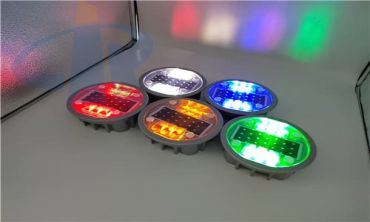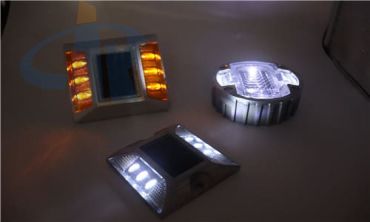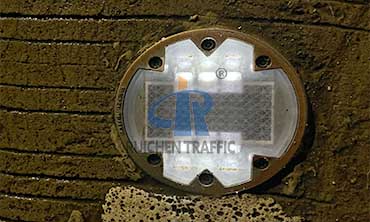Top 5 Considerations Before Buying Solar Road Studs
Whether you're a municipality in the US, a contractor in Europe, or a supplier in the Middle East, selecting the right solar road studs can significantly impact road safety and sustainability.

1. Compliance with Local Regulations
Ensure the solar studs meet regional standards. In the EU, look for compliance with EN1463 standards, while in the US, ASTM D4280 is key. In the Middle East, check for suitability in desert conditions.
2. Environmental Resilience
Products must endure local climate extremes. From the snowy winters in Scandinavia to the scorching summers in Riyadh, choose studs with appropriate IP ratings for water and dust resistance.
3. Visibility and Performance
The studs should offer high visibility, even in adverse conditions like fog or dust storms. Look for high-quality LEDs and solar panels that maintain performance over time.
4. Maintenance and Longevity
Consider how often maintenance is required. Solar road studs with long battery life and durable materials can reduce long-term costs, an important factor for budget-conscious buyers.
5. Cost vs. Benefit
While upfront costs might be higher, solar road studs can save on energy and maintenance over time. Evaluate the ROI, especially in regions with ample sunlight like the Middle East or parts of the US.
Make an Informed Decision
Before you invest, ask for case studies or references from similar environments. Engage with suppliers who offer warranties or after-sales service to ensure your investment is protected. Check out Ruichen's commitment to quality at rctraffic.com.
Are you ready to make your roads safer with solar technology? Find out how Ruichen's solar road studs can fit into your safety strategy by visiting Ruichen Solar Road Studs.





